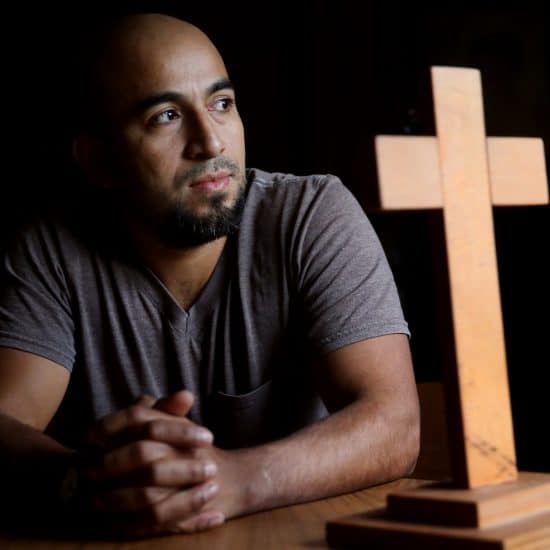By Bill Webb, Word&Way Editor
It used to be that any mention of stewardship in a Baptist church seemed to deal with  money alone. That was in churches that broached the subject. Thankfully, the expansion of the concept of stewardship has given us a better idea of how to impact others for good in many ways today.
money alone. That was in churches that broached the subject. Thankfully, the expansion of the concept of stewardship has given us a better idea of how to impact others for good in many ways today.
These days, we even know several ways to extend our influence beyond our own lifetimes. Here are just a few:
1. We live beyond our lifetimes through faithful service to (and through) a local church while we are alive.
Perhaps you are a teacher. A word fitly spoken may trigger a response in the life of a Bible student that influences his/her life and the lives of people that person touches, setting off a chain of influence that may literally extend until Christ comes again. The same is true of church-related ministry. It is amazing what God can do with even a single act of faithfulness.
2. We live beyond our lifetimes by faithfully giving of our financial resources.
Baptists often have approached financial stewardship with a touch of legalism. While doing story-gathering on another continent some years ago, a local Baptist pointed to a billboard and translated it for me. The majority denomination was challenging its people to give 1 percent of their income to the church. The Baptists found the campaign humorous. The Bible teaches that the tithe is 10 percent, the brother said, and that was the standard demanded of and accepted by these Baptists.
The fact is that believers today have many opportunities to give not only through their local church but to many other fine Christian causes and charitable organizations. Every Baptist knows that gifts made during our lifetimes may well have eternal influence.
3. We can live beyond our lifetimes by giving after we die.
Organizations like the Missouri Baptist Foundation — as well as various Baptist and Christian ministries in Missouri and beyond — encourage believers to make gifts that keep on giving even after they have died and gone to heaven. These entities can tell interested people how to go about making such plans.
4. We can live beyond our lifetimes by making clear our desire to donate life-saving organs to others when we die.
This is not intended to be a morbid suggestion. Most of us would pull a youngster from the path of a speeding vehicle or rescue a drowning person if we could. Donating organs once we are dead carries much less risk, but the result can be the same. I have an uncle who has lived more than 10 years with a transplanted heart. His wife, children and grandchildren are grateful that someone was willing to be a donor. I have a dear friend who may soon require a liver transplant, and I pray that one will be available to help her live a long and healthy life.
The key part of the organ donor process is letting family members know of your desire to part with healthy organs once you no longer need them. Talking with them now makes that decision easier for them when you pass away.
5. We can live beyond our lifetimes by reproducing ourselves spiritually.
An old pastor regularly encouraged his members to be faithful in sharing their faith with family members, neighbors, friends and even strangers by reminding them that Christianity is always just a generation away from extinction. He was right. God’s method is still to use believers as his agents to reach people with the gospel.
A recent study of James suggests that the gospel is even more than something to be verbalized. James emphasized the responsibility for lifestyles that match up with lofty words and verbal wisdom. The witness of many early believers was undermined by actions and attitudes that reflected poorly on the church and upon Christ. That’s why we are still reading the Book of James today. We sometimes forget that faithful living is key to truly influencing others for Christ.
Living beyond your lifetime can certainly be done, but it requires careful planning and faithful follow-through. (03-08-07)


